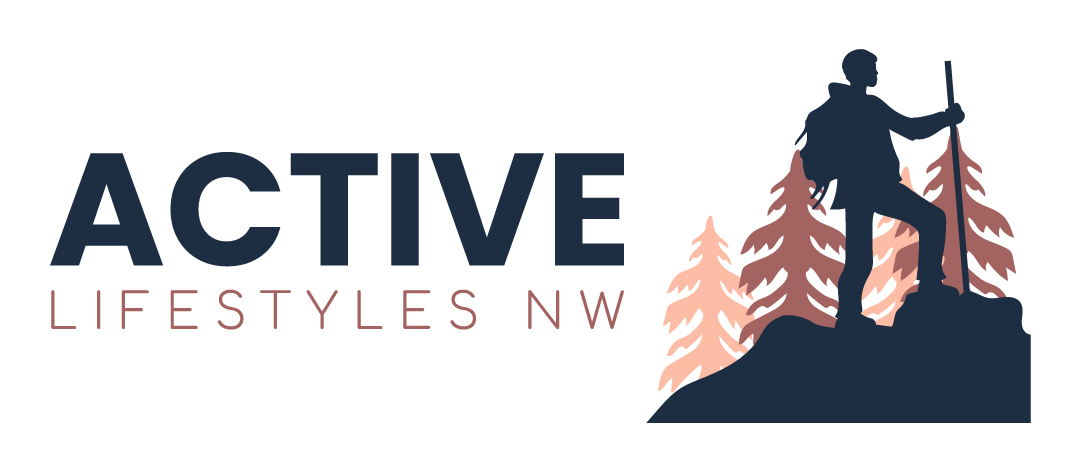Recently one of my girlfriends complained that she was suffering from frequent insomnia. Between being unemployed, searching for a new job and helping care for her father with dementia, she was a tangle of nerves that wouldn’t shut-off.
I suggested she try melatonin. I told her I have been taking it for years and it helps me “mellow out” at bedtime. I added that it offers lots of other cool benefits.
In case you aren’t familiar with melatonin, it is produced in the brain’s pineal gland and is a hormone that plays a harmonic role in the body, modulating sleep patterns, circadian rhythms, and seasonal functions. That is, melatonin is secreted in the middle of the night in both day-active (diurnal) and night-active (nocturnal) animals, including humans. Peak melatonin production occurs at 2 a.m. and stops when the sun rises.
Melatonin is available as an over-the-counter supplement and has been studied for the treatment of cancer, immune disorders, cardiovascular disease, depression, seasonal affective disorder (SAD), circadian rhythm and sleep disorders as well as sexual dysfunction and many other diseases and conditions.
Curious about the latest research on melatonin and its many purported benefits, I conducted a little Google search. Here are some of the results:
- In an article in NaturalNews I learned that new research from Henry Ford Hospital in Detroit suggests that breast cancer rates may be increasing due to lack of melatonin production in today’s sleep deprived, light stimulated generation. The study finds that melatonin can stop tumor growth and is capable of blocking the formation of new blood vessels in ER-negative breast cancer models.
This research may lead us to discover that constant light stimulation from computers and handheld devices keep the brain from producing melatonin – in turn, increasing the risk of certain cancers.
- Another way in which melatonin may prevent cancer is its radiation protecting effects. Melatonin protects against ionizing radiation via free radical scavenging of the hydroxyl free radical that attacks DNA, proteins and cellular membranes.
- Another study has found melatonin is crucial to slowing the aging process via its effects on specific genes. It may reverse the gene expression of over 100 genes, making the genes of elderly people similar to those of younger people. Thus, using melatonin supplements may assist in reversing some signs and symptoms of aging by working at a genetic level, influencing the aging process favorably.
- Still, another new study found that men with higher levels of the breakdown product of melatonin in their morning urine had a lower risk of developing advanced prostate cancer.
After reviewing these several articles, I’m going to keep taking melatonin at bedtime. It’s inexpensive and really has no bad side-effects that I can see. If it helps me “calm down” at night so I can get a good sleep, I say more power to it!
What is your experience with melatonin?



